Organ donations in Karnataka have been badly impacted since Covid-19. Government numbers indicate that 4636 organ recipients are still awaiting.
Bangalore: Despite several initiatives taken by the Karnataka government to promote organ donations, 4636 registered receivers are yet to receive organs. Coordinator of JeevanSarthakathe program, Chetan Kumar, said, “Out of total registered patients, 4636 are yet to receive the organs and the highest waiting period of the donor is 12 years. One recipient is waiting for a suitable organ since 2008. Due to fear of contracting Coronavirus and lockdown, organ donations in Karnataka went down to 35 in 2020 as compared to105 donations in 2019.”
The Government of Karnataka started “Jeevan Sarthakathe” program to promote organ donations. Despite conducting several awareness campaigns after the lockdown, the number of donations still remained less. Among the registered recipients, people who require kidney (3325) and liver (1107) transplant are higher. Most of these recipients are still on dialysis due to fewer organ donations.
The organ transplant coordinator at St. John’s hospital, Rupali Hiremath, said, “Before Corona, we used to have at least 25 to 30 kidney transplants each year. But since the pandemic, we have had only one kidney transplant. The overall response of donors has become very less since the pandemic started.”
Ashwini’s mother, who registered in 2016 under this program to receive a kidney, has not received it yet. “Around 1000 to 2000 patients with O positive blood group are still waiting for the transplant. My mother is one among them,” said Ashwini.
The Directorate General of Health Services of India shows that there are 1.8 lakh kidney failure and 2 lakh liver failure cases every year. Though all might not need a transplant, yet, actual transplants happen only for 6000 and 1500 of these cases respectively. Most number of transplants in India is for corneas; however the country is still 75,000 behind the target.
In India, during the pandemic overall organ donations fell and hence donations after brain death also reduced. Dr. Kishore Phadke, convener of Jeevan Sarthakathe said, “During pandemic, the overall accident rate went down. Also, most beds and medical personnel were occupied with the COVID19 duties.”
Pallavi Kumar, Executive Director of MOHAN Foundation, explained why the country had fewer organ donations. She said, “Many hospitals do not have a clear protocol for declaring brain death. Some of them also do not have effective transplant coordinators, who could sympathetically approach the family members of the brain-dead. There is a lack of potential donor patients. The transplant centers, with trained staff are very few. Also, transplant coordinators who are less knowledgeable on the subject, are a roadblock to the organ donation program.”
A study by researchers Navin and Suriyamoorthi on ‘Brain stem death and Organ Donation acceptance in India’, which surveyed 184 nurses in Bengaluru states that81 percent of the respondents were willing to sign for organ donation (OD) card. However, only 3.8 percent of them signed the OD card. Mekhala, a resident of Bangalore said, “I am not aware of JeevanSarthake program of Karnataka government or any other organ donation program. But I will donate my organs in the future.”
Dr. Phadke, added, “When a patient who has met with an accident is brought to the hospital, the patient needs to be first diagnosed for brain death. We need to take care of the brain of a dead donor, to maintain the quality of the organs. Maintaining the organ in good condition is also a challenge and we need to wait till the brain death certificate. Sometimes family gives consent but organs are not usable. We need to create awareness among professionals as well as among the citizens.”
Pallavi Kumar, added, “In India, the concept of life after death is cross-linked with the concepts of ethics, religion, and spirituality. Public awareness regarding organ donation is very low in our country. Many superstitions create a negative attitude towards organ donation. There is a lack of awareness about these issues even among medical professionals. Many times, people sign the donor card due to peer pressure and are less likely to stick to their decision in the future. There is an urgent need to bridge the ever-widening gap between demand and availability.”

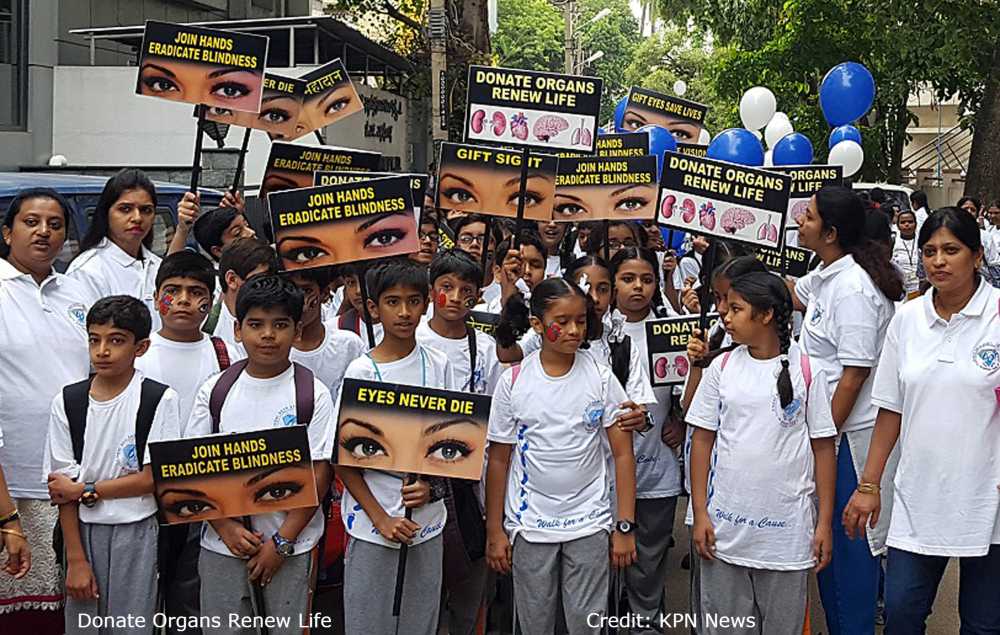
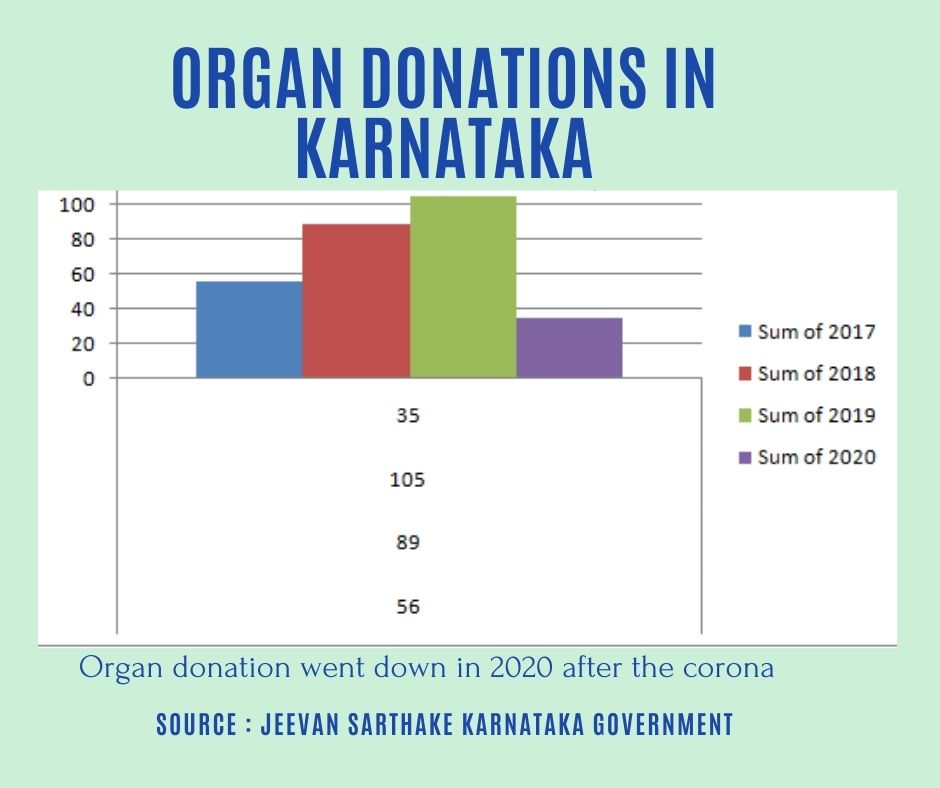
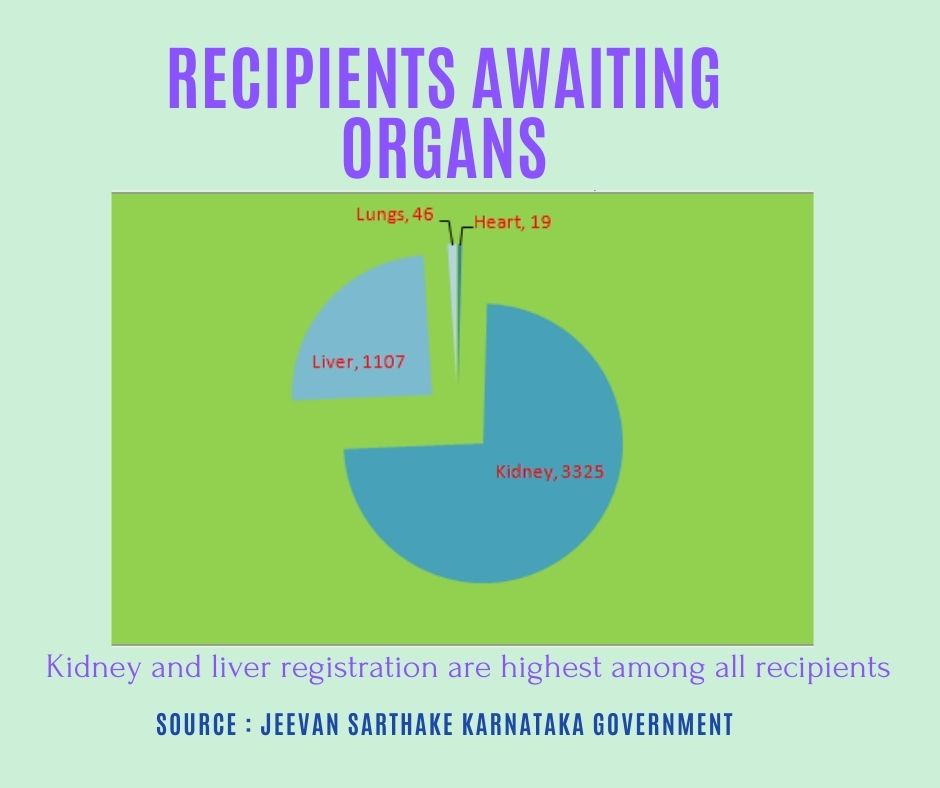
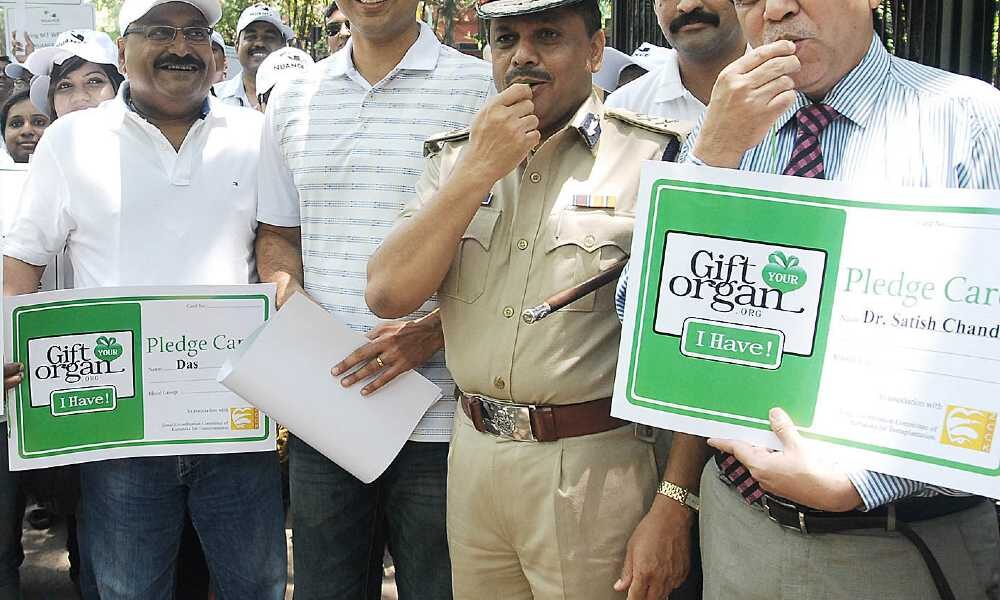
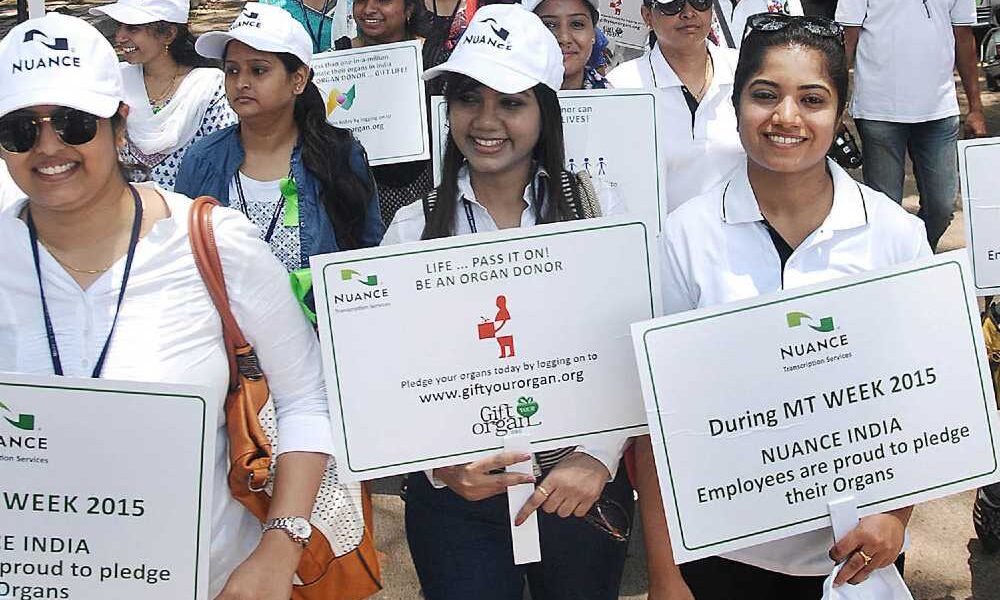


Pandemic played a very bad role in people who have such problems. Good research.